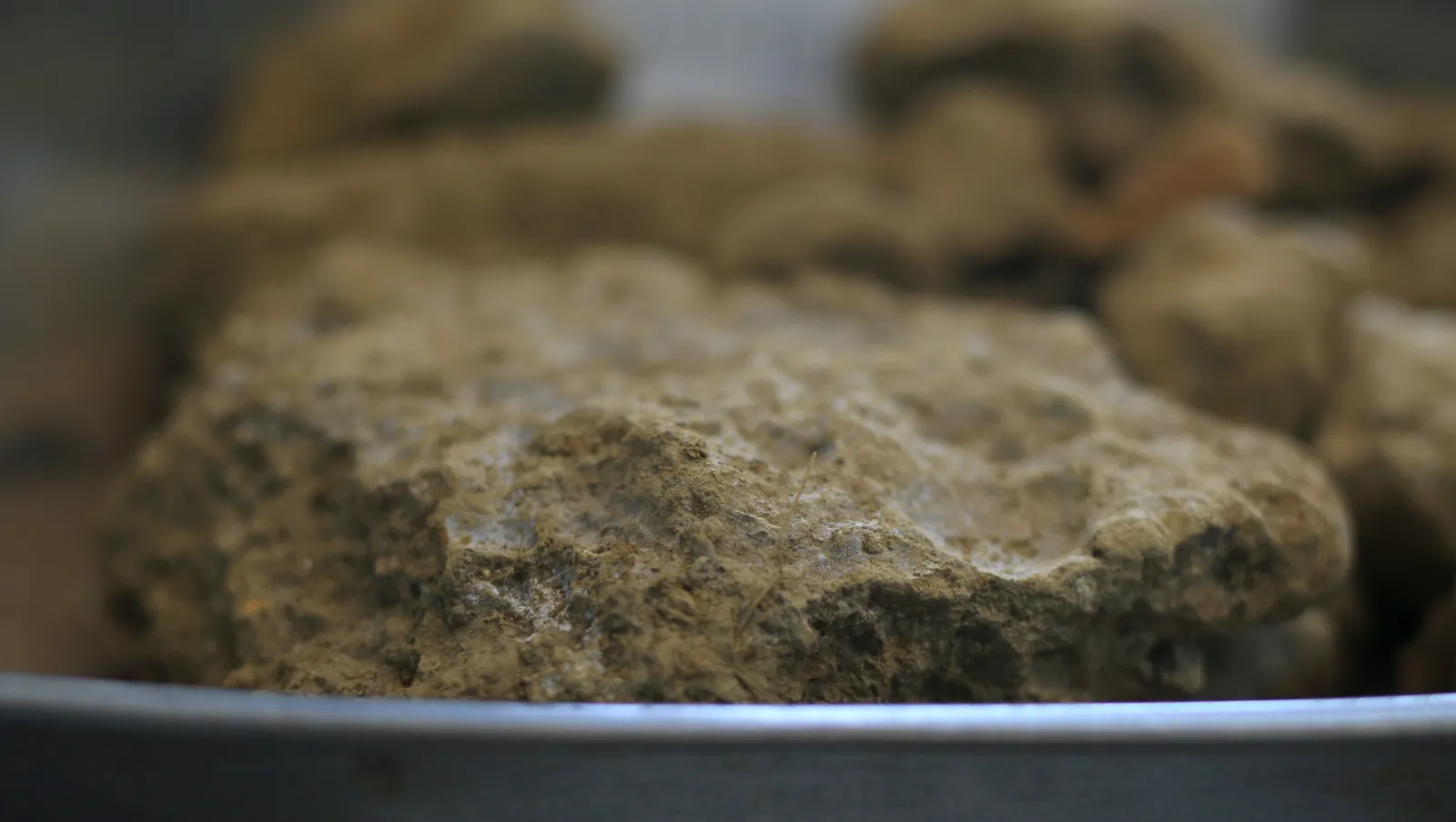
Geotechnical Rock Analysis
Tests are performed on rock samples to determine their properties and characteristics. Understanding these properties is essential for the design and construction of civil engineering projects, such as foundations, roads, and bridges.
DATA
Igne's laboratory rock analysis testing services provide comprehensive and accurate data to help you make informed decisions about your construction and engineering projects. Our team of experienced geotechnical engineers and technicians uses the latest equipment and methods to test a wide range of rock properties, including:
- Point load index
- Porosity and density
- Slake durability
- Unconfined compressive strength
CLIENTS
Our aggregate and rock testing services are used by a wide range of clients, including:
- Civil engineers
- Ground investigation and drilling companies
- Geotechnical engineers
- Construction companies and house builders
- Mining companies
- Government agencies
POINT LOAD
Point load index: A test that aims at characterizing rock materials in terms of strength. It is an index test, meaning that it can be performed relatively quickly and without the necessity of sophisticated equipment to provide important data on the mechanical properties of rocks.
POROSITY & DENSITY
Rock porosity is the percentage of voids in a rock. It is important to consider the rock porosity when selecting construction materials for applications. Rock with high porosity may be less durable than rock with low porosity. Rock with high porosity may also be more susceptible to weathering and degradation.
SLAKE DURABILITY
Slake durability is a test that measures the resistance of a rock to slaking, which is the disintegration of the rock when it is exposed to water. It is important to test the slake durability of rocks that will be used in construction applications, such as road subgrades and embankments. Rocks with low slake durability may disintegrate when exposed to water, leading to failure of the structure.
UCS
Unconfined compressive strength (UCS) is a geomechanical rock parameter that describes the maximum axial load that the sample can withstand without lateral loading. UCS is a parameter widely used in geotechnical design. On a large scale, the rock mass properties are highly affected by other factors including discontinuities, faults, and weathering.
BENEFITS
Benefits of Igne's Laboratory Rock Analysis Testing Services
Accurate and reliable results: Our team of experienced geotechnical engineers and technicians uses the latest equipment and methods to test your rock samples. We have a quality control program in place to ensure that our results are accurate and reliable.
Highly accredited: Under UKAS No 0126 Igne holds one of the largest scopes of UKAS accreditation in the UK. We were awarded UKAS Multi-site accreditation in 2010 to further improve our overall quality system and offer customers the benefits of all our laboratories operating as one unit. Igne operates a company-wide quality assurance system in compliance with the requirements of BS EN ISO 9001:2015. ISO 45001:2018, ISO 14001:2015 and BS EN ISO/IEC 17025:2017 to ensure customer satisfaction.
Contact Igne today: to learn more about our laboratory rock analysis testing services. Our team of experienced geotechnical engineers and technicians can help you select the right tests for your needs and provide you with accurate and reliable results. We are committed to providing our clients with the highest quality services possible, and we look forward to working with you on your next project.
For more information regarding any of testing solutions, contact Igne today
Email: hello@igne.comCall: 0371 789 1000

